Anton Pavlovich Chekhov was a Russian writer and dramatist. Chekhov was born on January 29, 1860 in the central Russian city of Taganrog. His family was very poor. He moved to Moscow when he was 19 and enrolled to study medicine. He supported himself and his family throughout his studies by publishing humorous short stories in magazines. In 1884, he graduated and began to practice medicine, but writing remained his true passion. He worked as a doctor during the day and wrote at night. From 1887 on, he devoted himself to writing full-time. He published collections of short stories, such as At Dusk, and wrote comedies for the stage, like The Weddings. His works capture the weaknesses and contradictions of the Russian bourgeoisie at the end of the 19th Century. His work was successful. Chekhov became one of the most popular authors in the country.
In 1890 he visited the Sakhalin penal colony in Siberia. Upon his return, he wrote The Island of Sakhalin, a report denouncing the detainees’ tragic living conditions. In the following years, Chekhov started to suffer from tuberculosis. But he kept writing. Some of his most famous works, such as Ward No. 6 and The Lady with the Dog, date from this period. Both works stand out for their psychological refinement and almost complete absence of action. In 1896 The Seagull, a play about unhappy love, was produced. In it Chekhov anticipated various themes of 20th-century theater, like human beings’ difficulty in communicating and the existential solitude that produces.
There are similar themes and subjects in other Chekhov dramas. Examples include Uncle Vanya, which is about one family’s internal conflicts, and The Cherry Orchard, which documents the decline of an aristocratic dynasty.Chekhov’s productions met with great public success, especially in the writer’s final years. He donated part of his earnings to charity, financing scholarly institutions and offering free medical care to his country’s poorest. In 1904, at the height of his fame, Chekhov went to a clinic in Badenweiler, Germany, where he hoped to recover from his tuberculosis. Instead, his condition quickly worsened and he died on July 15. He was 44. Today, his plays are widely performed all over the world, and his short stories remain a model of narrative technique.
In 1890 he visited the Sakhalin penal colony in Siberia. Upon his return, he wrote The Island of Sakhalin, a report denouncing the detainees’ tragic living conditions. In the following years, Chekhov started to suffer from tuberculosis. But he kept writing. Some of his most famous works, such as Ward No. 6 and The Lady with the Dog, date from this period. Both works stand out for their psychological refinement and almost complete absence of action. In 1896 The Seagull, a play about unhappy love, was produced. In it Chekhov anticipated various themes of 20th-century theater, like human beings’ difficulty in communicating and the existential solitude that produces.
There are similar themes and subjects in other Chekhov dramas. Examples include Uncle Vanya, which is about one family’s internal conflicts, and The Cherry Orchard, which documents the decline of an aristocratic dynasty.Chekhov’s productions met with great public success, especially in the writer’s final years. He donated part of his earnings to charity, financing scholarly institutions and offering free medical care to his country’s poorest. In 1904, at the height of his fame, Chekhov went to a clinic in Badenweiler, Germany, where he hoped to recover from his tuberculosis. Instead, his condition quickly worsened and he died on July 15. He was 44. Today, his plays are widely performed all over the world, and his short stories remain a model of narrative technique.
RELATED


DANIEL LIBESKIND


EURIPIDES
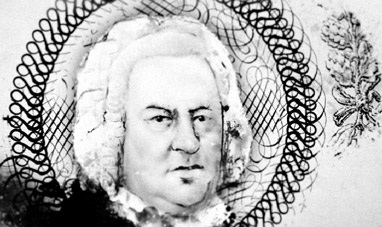

JOHANN SEBASTIAN BACH


BILLY WILDER


GRACE KELLY


MICHELANGELO BUONARROTI
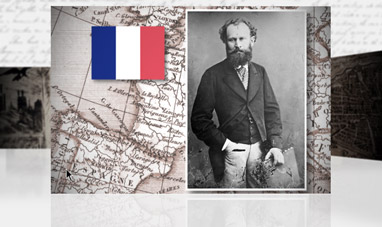

EDOUARD MANET


JOHN CONSTABLE
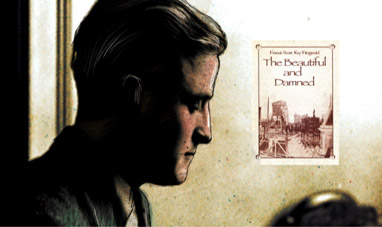

FRANCIS SCOTT FITZGERALD
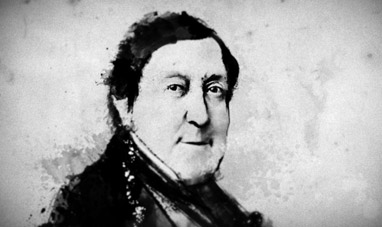

GIOACCHINO ROSSINI


DONATO BRAMANTE


GABRIELE SALVATORES
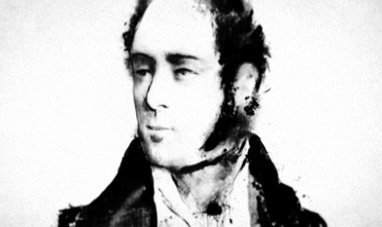

VINCENZO BELLINI


ANTONI GAUDÍ


GIULIO PAOLINI


ROBERT ADAM


GIAN MARIA VOLONTÉ


EUGÈNE VIOLET-LE-DUC


CARLA FRACCI


JOAN CRAWFORD


AMEDEO MODIGLIANI


WIM WENDERS
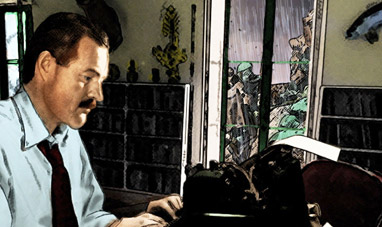

ERNEST HEMINGWAY


GIUSEPPE PENONE
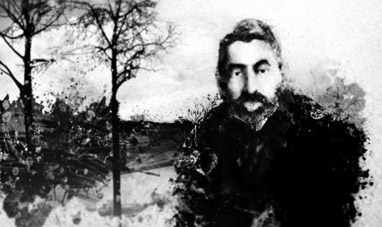

CLAUDE DEBUSSY
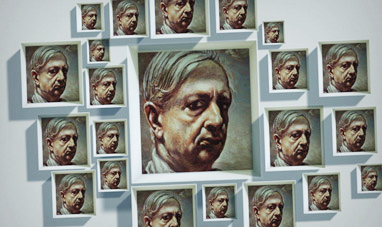

GIORGIO DE CHIRICO
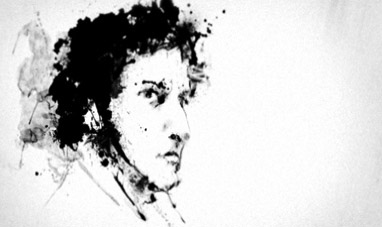

FRÉDÉRIC CHOPIN
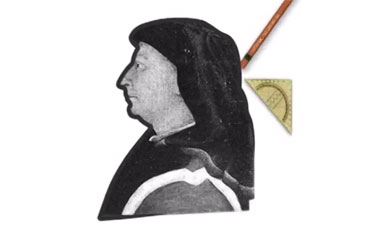

FILIPPO BRUNELLESCHI


GEORGES MÉLIÉS


MICHELANGELO ANTONIONI


RUDOLF NUREYEV


FRITZ LANG
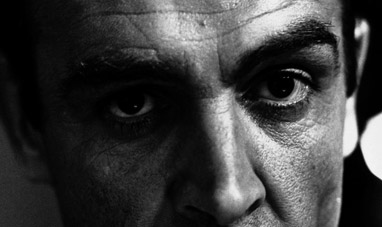

SEAN CONNERY


JACK KEROUAC


LUIS BUÑUEL


FELIX MENDELSSOHN
